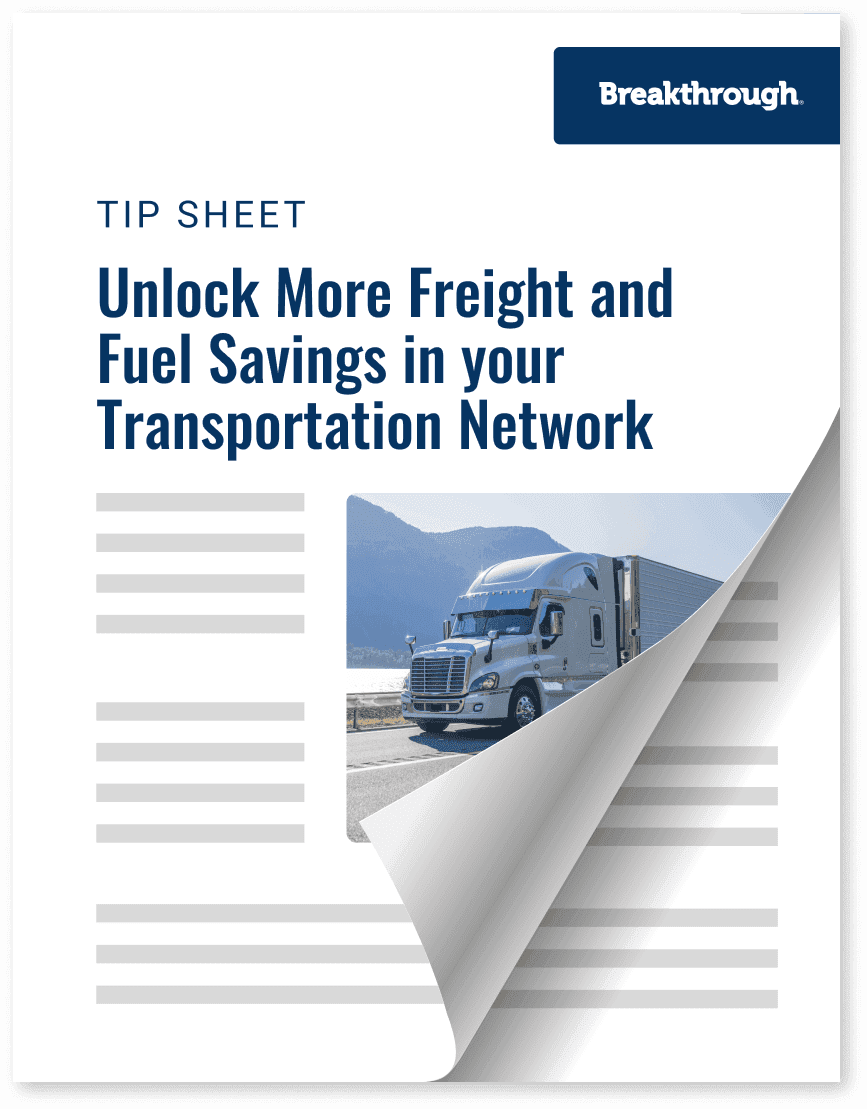Unlock More Freight & Fuel Savings in your Transportation Network

Trending
Top Posts
Market Events
Geopolitical Risks: Navigating Volatility in Energy Markets
4 min read
October 18, 2024
Sustainability and Tech
What Is Logistics Transportation Management? 4 Advantages for Success
4 min read
October 15, 2024
Sustainability and Tech
AI in Logistics: How Shippers Can Uncover Freight Efficiencies
4 min read
October 14, 2024

2 min read
June 19, 2017

Share:
The Transpacific Stabilization Agreement (TSA), a collaborative forum for ocean container shipping lines serving the world’s second-largest trade lane between Asia and North America, has announced it will no longer publish its guideline formula for calculating fuel costs. Instead, the TSA will only offer a single weekly average fuel price for the six million 40-foot containers that travel the trade lane annually.
TSA member lines, including Maersk, MSC, and Hapag-Lloyd, “determined that rapidly changing market conditions, sailing characteristics and cost structures made it impractical to continue publishing a single TSA recommended guideline formula.” The TSA website further notes, “TSA lines will use the weekly average fuel prices as a resource, but may also factor in their own distinct costs and pricing objectives in developing their bunker charge policies which, in any event, have always been subject to individual adaptation.”
The TSA will offer only the weekly average fuel price moving forward. Precise fuel cost calculations require knowledge of vessel efficiency, trade lane distance and geography, transaction timing, tax and fuel prices.
The change to TSA member lines’ fuel pricing methodology comes while marine fuel costs are a clear focus for the industry. Bunker Fuel makes up most of an ocean carrier’s operating costs (as much as 75 percent) and carriers will likely experience upward price pressure soon. Container lines are preparing for the International Maritime Organization’s requirement for ships to burn low-sulfur bunker fuel starting in 2020. This regulatory change has, and will continue to make bunker fuel costs a talking point for the next few years, as it could cost the industry more than $50 billion.
Breakthrough expects this change will create more uncertainty in an already changing marine environment. Breakthrough offers a Marine Fuel Management solution designed to create transparency and consistency in fuel reimbursement practices. Learn more on our Solutions page or contact us to set up a call.

4 min read
October 18, 2024
Explore how geopolitical tensions and hurricane season are driving energy market volatility in 2024, significantly impacting oil prices and routing guides.
Read more
4 min read
October 15, 2024
Discover the benefits of using a logistics transportation management provider to streamline operations, enhance visibility, and meet sustainability targets.
Read more
4 min read
October 14, 2024
Explore how AI in logistics is advancing the supply chain through route optimization, market forecasts, and benchmarking, providing shippers innovative solutions.
Read more